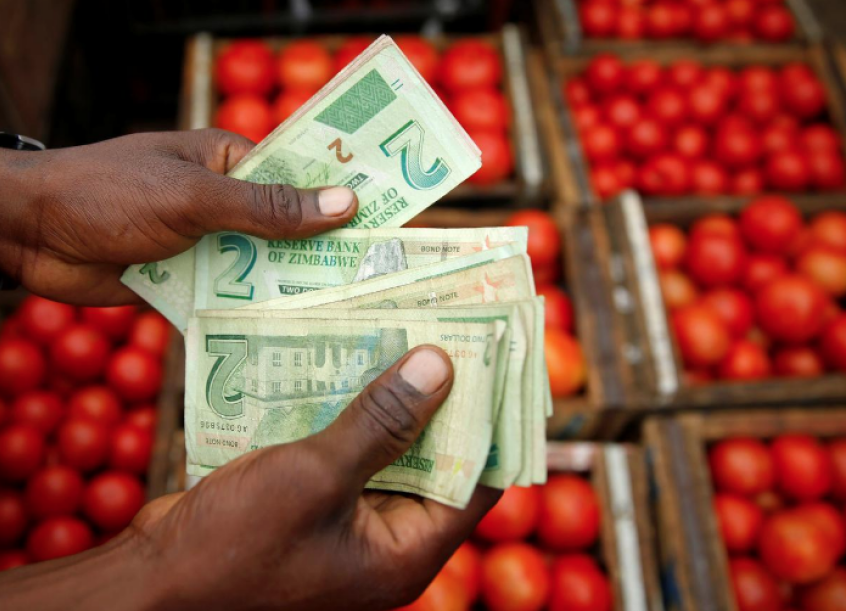
Economic turmoil and extreme weather have combined with devastating consequences for millions of people in Zimbabwe facing serious food shortages.
The UN declared a food crisis in the country on Thursday, with more than five million people - around a third of the country - in need of food aid.
CAFOD's country representative for Zimbabwe, Verity Johnson, said the food crisis was "devastating" the country and that millions were experiencing "severe" levels of hunger.
She said climate change had brought "misery" to many families in Zimbabwe.
"Years of economic turmoil and climate change, as well as the recent Cyclone Idai, are pushing families to the brink of starvation," she said.
"Last year's harvests failed, largely due to extreme weather, ranging from droughts that lasted for months on end, to flooding which wiped out whole villages."
The result is soaring food costs and severe bread shortages across Zimbabwe, she said, with some areas seeing the cost of bread rise nine-fold on last year's prices.
"Parents are struggling to feed their children and give anything they can get hold of straight to them," she said.
"With the prolonged drought, dams have failed to fill, and wells and rivers are drying up, leaving communities with no option but to walk tens of kilometres to reach water.
"We are at crisis point. The Church in Zimbabwe has also recently called for the desperate cries of Zimbabwean families to be heard."
The Catholic aid agency has responded to the food crisis by stepping up its efforts to support more remote communities through its network of partner churches.
People on the brink of starvation are receiving grain and emergency food supplies, while new pipelines and wells are being installed to provide access to clean drinking water.
Ms Johnson added: "We are also supporting communities to adapt and mitigate the effects of climate change, so that they are better prepared as the environment around them on which they rely for their food becomes increasingly volatile."













